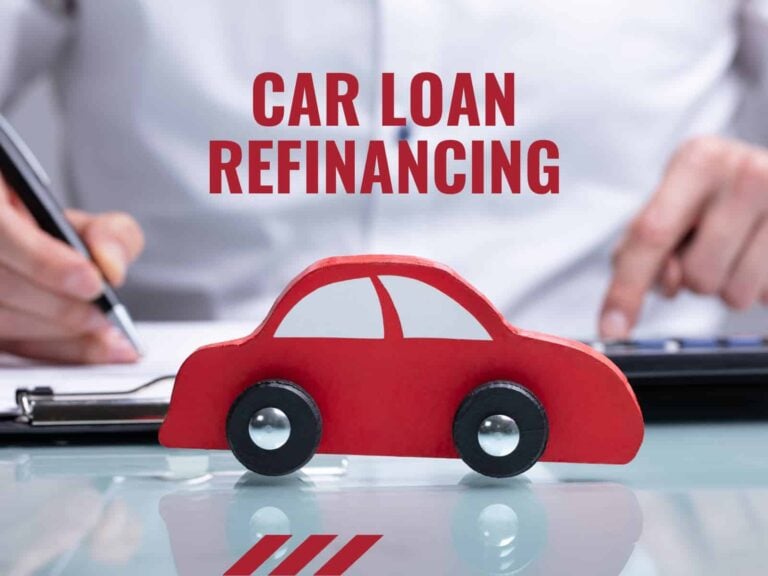Virginia Debt Settlement
Virginia is home to 8,535,519 residents and ranks 12th in population within the United States while covering an area of 42,774 square miles, ranking it 35th in terms of geographic size.
This results in a population density of 206.7 residents per square mile that ranks the state 14th in the nation. Virginia’s state capital is Richmond, while Virginia Beach is its largest city by population, with just over 450,000 residents.

Approximately 35% of all Virginians reside in Northern Virginia, which is considered part of the Washington D.C. metropolitan area. Approximately 62% of Virginia’s land mass is covered by forests, giving rise to 34 state parks and 17 state forests. Significant contributors to Virginia’s economy include the Federal government, military, agriculture, and technology.
In fact, Virginia has the highest level of defense spending per capita of any state, and this helps foster over 900,000 defense related jobs. Additionally, approximately 12% of all U.S. Federal procurement funding is spent in the state, with many Virginians working for the Department of Defense, CIA, National Science Foundation, U.S. Geological Survey, and various government contractors that hold over 15,000 federal contracts.
Virginia’s Hampton Roads area includes the largest concentration of military assets and personnel of any metropolitan area in the world – thanks in significant part to Naval Station Norfolk – the largest naval base anywhere in the world. Meantime, over 43,000 farms cover approximately 28% of Virginia’s land mass, with soybeans, corn, cotton and tobacco (Virginia is the third largest tobacco producer nationwide) representing the state’s primary agricultural outputs.
Virginia is also the East Coast’s largest producer of seafood – with scallops, oysters, blue crabs and clams representing the state’s largest seafood exports.
According to the St. Louis Fed, Total Gross State Product for Virginia in 2019 came in at $554.2 billion, ranking the state thirteenth in the nation. Virginia is home to twenty-one Fortune 500 companies – including Freddie Mac, Capital One, General Dynamics, Dollar Tree and Hilton Worldwide Holdings.
Virginia also has the highest concentration of technology workers of any state, as computer chips rank as the state’s highest grossing export, approaching $700 million annually. Northern Virginia, once a mecca for dairy production, now is home to numerous software, communication technology and defense contracting companies.
Owing to Virginia employing the fourth-highest number of technology workers nationwide, the state’s relatively robust 2018 median household income of $72,577 checked in 17.2% higher than the national median household income of $61,937.
Virginia Economic and Debt Statistics
According to the Bureau of Labor Statistics, Virginia’s unemployment rate stood at 3.3% as of March 2020, significantly lower than the national unemployment rate of 4.4%.
Virginia residents rank 20th nationally in the amount of household credit card debt held, checking in at an average level of $7,867, 15.7% less than the national average of indebted households of $9,333. In terms of FICO scores, compared with the 2019 nationwide average FICO score of 703, the typical Virginia resident’s 2019 FICO score of 709 is somewhat higher, placing the state mid-pack, tied for 25th nationwide.
Virginia Economic and Debt Statistics
According to the St. Louis Fed, the 2019 Virginia home ownership rate checked in at 67.6%, somewhat higher than the national home ownership rate of 64.8%. Meantime, a recent Experian report shows average mortgage debt level of $242,794, representing an increase of 1.2% compared to 2018, and ranking the state eighth in the nation.
The median sales price of a home in Virginia during 2019 was $268,725. Regarding student loans, data compiled in 2019 by Experian indicates that average student loan debt for Virginia borrowers is $36,885, 4.3% higher than the national average of $35,359, 5.6% higher than the level in 2018 and 24.2% higher than the level in 2014.
Virginia Residents and Debt Settlement
If you are a resident of Virginia and are currently burdened by high levels of unsecured debt – including credit card accounts, private student loans, unpaid medical bills and personal loans – the process of pursuing debt settlement may make sense for you.
Debt settlement occurs when a debtor successfully negotiates a payoff amount for less than the total balance owed on a debt. This lower amount is agreed by the creditor or collection agency and is fully documented in writing. Ideally, this lower negotiated amount is paid off in one lump sum, but it can be paid off over time.
Though creditors are under no legal obligation to accept debt settlement offers, negotiating and paying lower amounts to settle debts is far more common than many people realize.
Virginia Consumer Debt Laws
Credit Card companies and other creditors are permitted to contact Virginia residents directly regarding debts, particularly in a situation involving delinquent payments. However, debt collection agencies are required to comply with the the Federal Fair Debt Collection Practices Act (FDCPA), and are therefore prohibited from taking certain actions.
Under the FDCPA, collection agencies are prohibited from informing employers about a debt or attempting to collect a fee in excess of any debt owed. Debt collection agencies are also prohibited from communicating in a manner that simulates a judicial process or gives the appearance of a governmental action. Additionally, debt collection agencies are prohibited from contacting debtors or debtor family members at unusual hours or with a frequency that may be reasonably construed under the law as harassment or abuse.
Unfortunately, unlike many other states, Virginia does not have its own state law governing debt collection tactics, leaving its residents somewhat vulnerable to predatory practices that may be beyond the scope of the FDCPA.
Virginia does have in place a criminal statute that prohibits a debt collector from sending to a debtor any document that simulates any type of warrant, court order, judgment or lien, under penalty of $250.
However, Virginia residents will receive the most consumer protection from harassing and potentially abusive debt collection methods under federal guidelines as stipulated within the FDCPA.


Virginia Statute of Limitations on Debt Collection
When sufficient time passes in a situation in which consumer debts have gone unpaid, a debt collector can lose the legal right to sue for non-payment. In Virginia, the statute of limitations on debt collection is three years for open credit card accounts, three years for oral contracts, five years for written contracts, and six years for promissory notes.
For any time period, the clock begins ticking from the “date of default,” which is typically thirty days after the last payment was actually made. When debts remain unpaid prior to the statute time period elapsing in full, creditors maintain legal right to sue you for non-payment and are permitted to engage debt collection agencies who can make persistent attempts at collection – provided they remain within the bounds of the FDCPA.
Debt Settlement - Do It Yourself?
Getting out of debt is never an easy process. If debt settlement is the right avenue for you to pursue, be honest with yourself. Decide whether you possess the background, strength and fortitude to negotiate directly with creditors yourself – or whether engaging the services of an experienced and reputable debt settlement company will serve your needs best.
Remember, the goal is to save the greatest amount of money and time while minimizing any ensuing damage to your credit score and profile. A reputable debt settlement company will provide a realistic estimate and time frame for making offers to your creditors that can ultimately result in settlements that save you significant amounts of money, time, and aggravation.
Contact us here at United Settlement, where our experienced credit counselors possess relationships with the major credit card lenders and a broad understanding of the debt marketplace. We can help you navigate these waters successfully.
Debt Resources & Additional Reading
Virginia Debt Settlement FAQ
Yes, if you are a resident of Virginia and are currently burdened by high levels of unsecured debt – including credit card accounts, personal loans, unpaid medical bills and private student loans, United Settlement can assist you with the process of pursuing debt settlement. Debt settlement occurs when a debtor successfully negotiates a payoff amount for less than the total balance owed on a debt. Contact us here at United Settlement, where our experienced credit counselors possess relationships with the major credit card lenders and a broad understanding of the debt marketplace. We can help you achieve the peace of mind that comes with living a debt-free lifestyle.
Yes, United Settlement offers debt consolidation services in the state of Virginia. The process of debt consolidation involves combining and paying off multiple debts with one single loan, typically resulting in a lower blended interest rate and monthly payment. Debt consolidation provides the dual benefits of streamlining the repayment process while simultaneously lowering interest expense and the total amount repaid over time.
When sufficient time passes in a situation in which consumer debts have gone unpaid, a debt collector can lose the legal right to sue for non-payment. In Virginia, the statute of limitations on debt collection is three years for open credit card accounts, three years for oral contracts, five years for written contracts, and six years for promissory notes. For any time period, the clock begins ticking from the “date of default,” which is typically thirty days after the last payment was actually made.
In Virginia, a Warrant in Debt is filed in General District court by a person or company for the purpose of ultimately being awarded a judgment for money owed.
Additional Related Insights & Articles
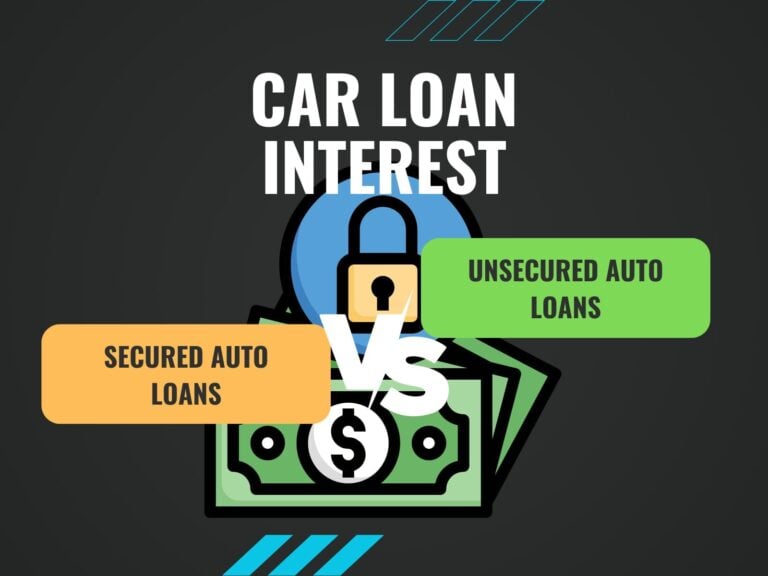
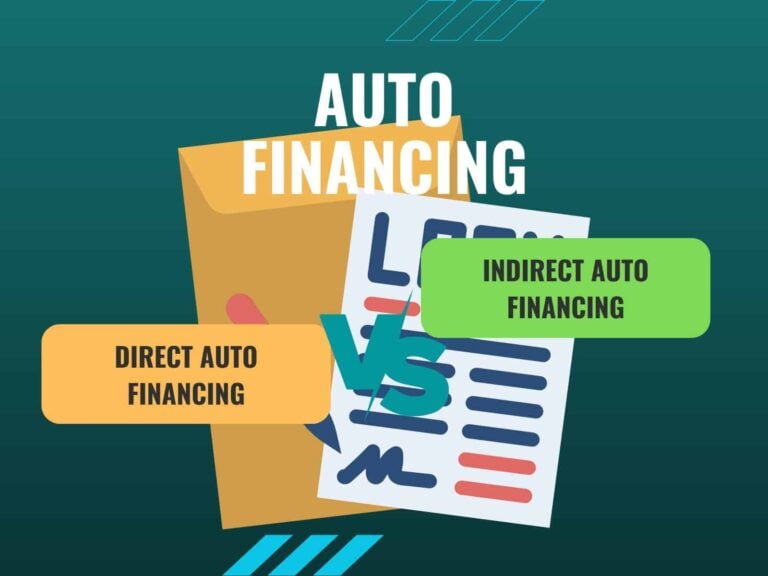
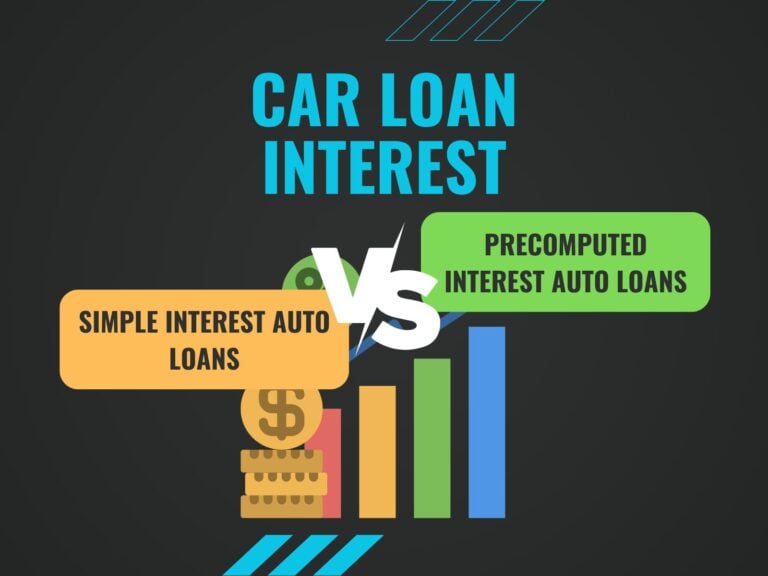
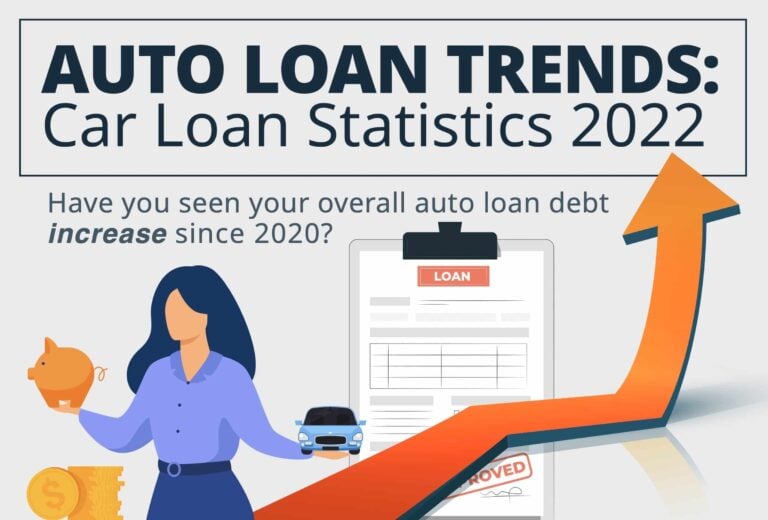

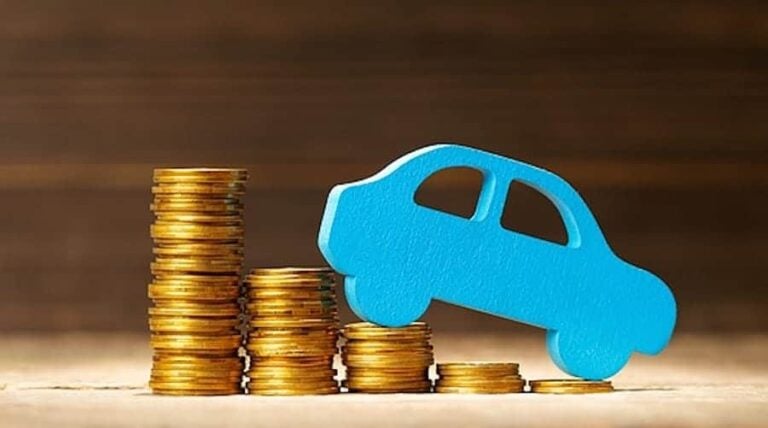
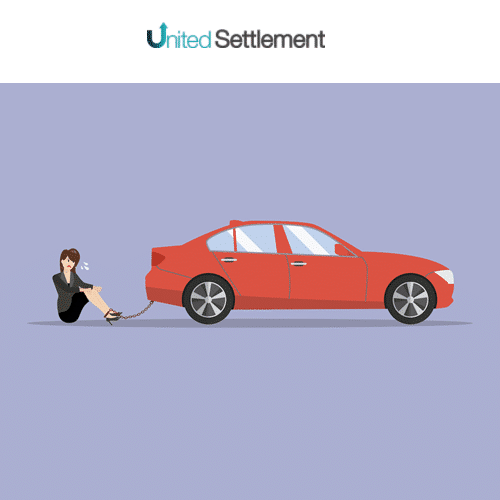
Debt Relief Reviews

Ready To Get Started?
See if you qualify for debt relief. Get a Free savings estimate to see how quickly you can be debt free.
Embrace financial freedom with our tailored solutions, expert guidance, and unwavering commitment to your success.
Experienced Professionals
Our experienced team has helped thousands of clients successfully eliminate debt and regain financial freedom.
Customized Solutions
We know every financial situation is different, so we design personalized debt relief plans to fit your specific needs and goals.
High Success Rate
Our proven debt relief strategies deliver real results. With a strong track record of success, we help clients achieve lasting financial stability.
Confidential Consultation
Your privacy is our priority. All debt relief consultations are 100% confidential and handled with the highest level of discretion.


